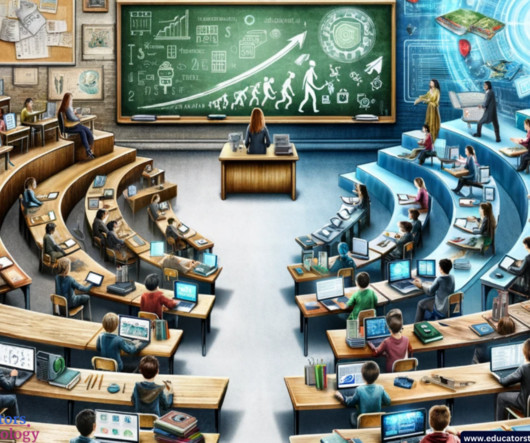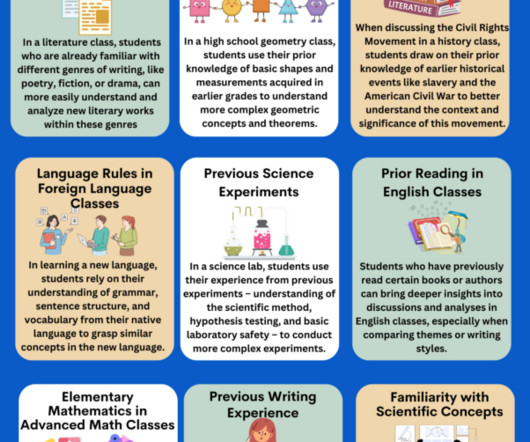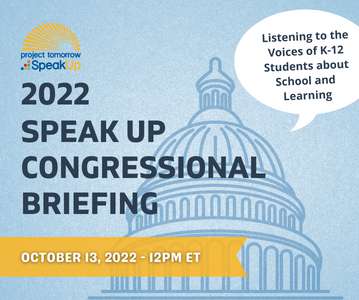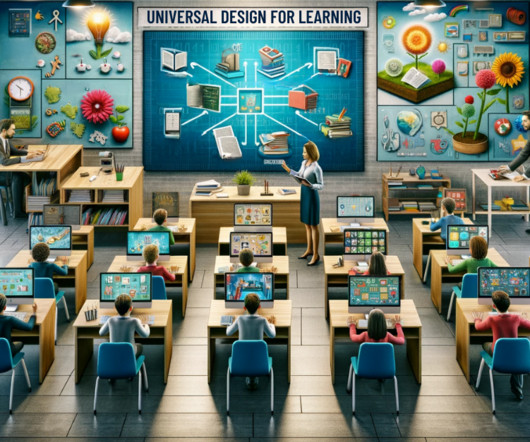Characteristics of The 21st Century Classroom
Educational Technology and Mobile Learning
JANUARY 4, 2024
When I embarked on my teaching journey back in 2003, the landscape of the classroom was quite different from what we see today. Tablets, laptops, and Chromebooks have become as commonplace as notebooks, enabling students to access a vast reservoir of information and educational resources at their fingertips. Goals for Global Education.
















Let's personalize your content